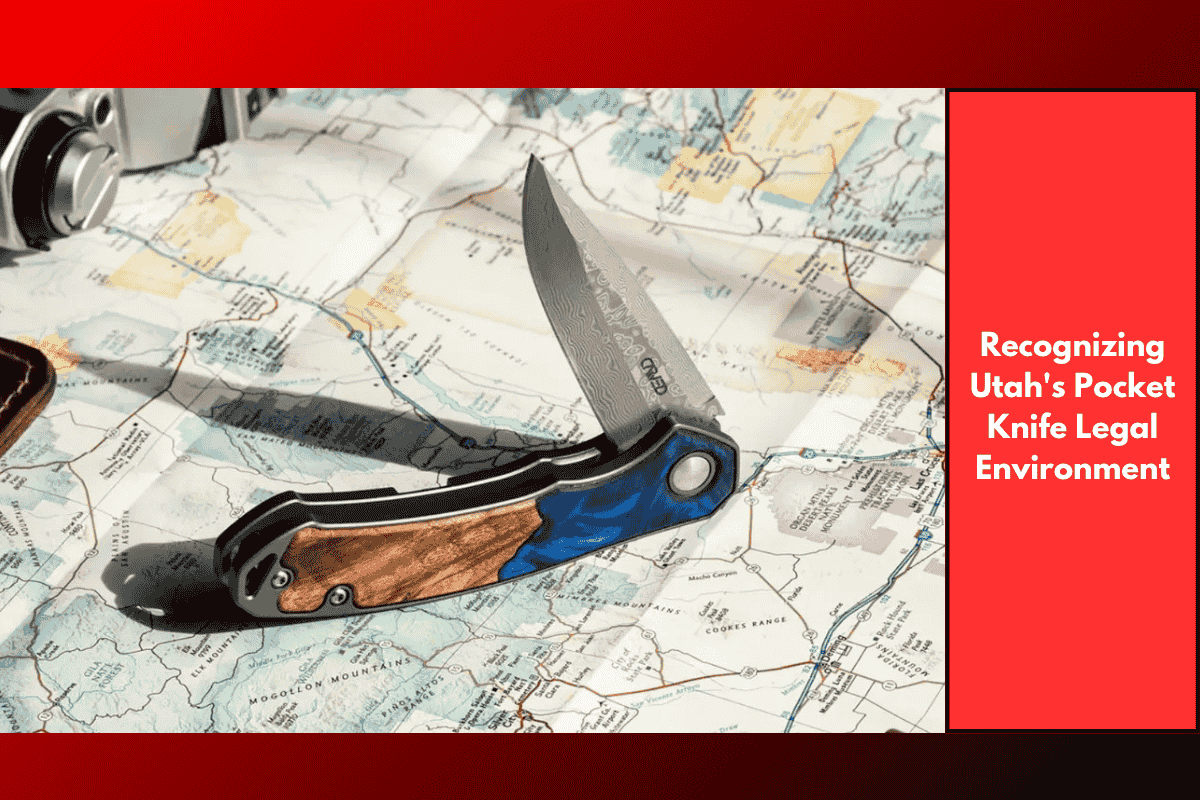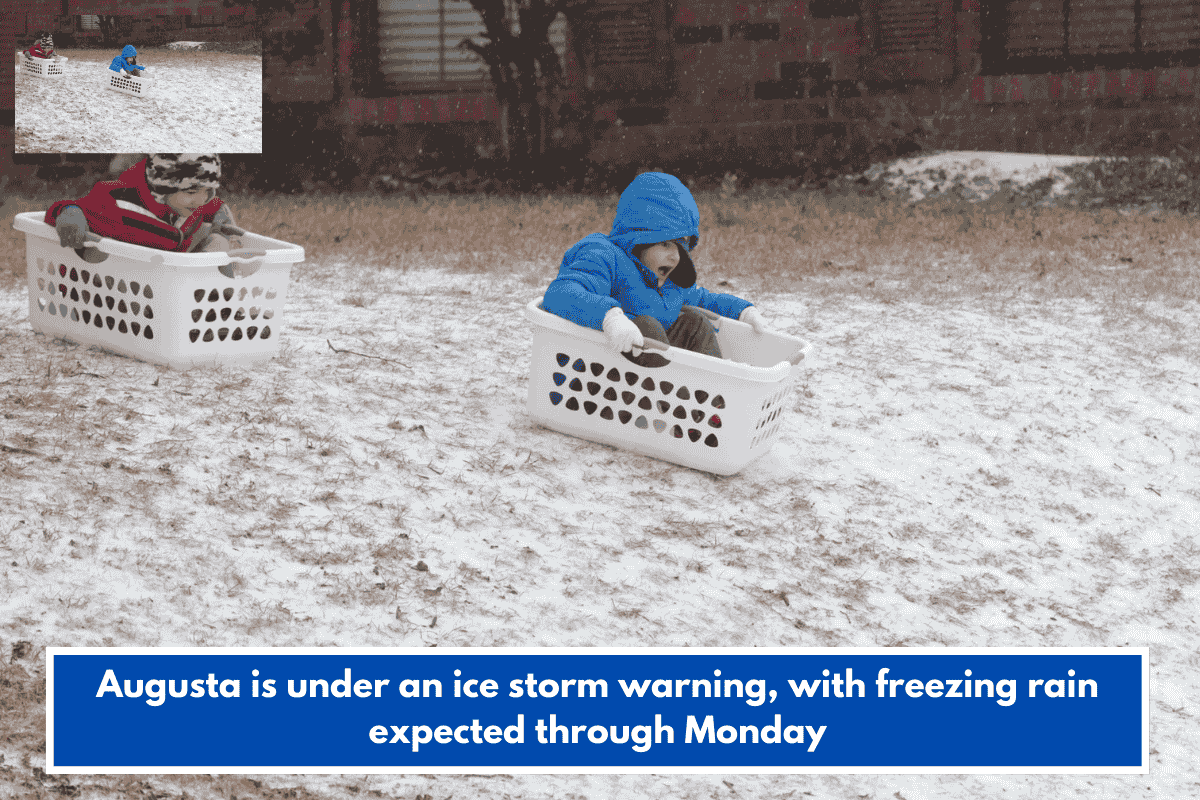Pocket knives are widely popular tools for everyday carry, offering convenience and practicality for various tasks, from cutting to self-defense. In Utah, as with many other states, it’s important to understand the legal environment around carrying and using pocket knives. Laws can vary significantly by state, and in some cases, even by locality. In this guide, we’ll explore what you need to know about the legality of pocket knives in Utah, including the rules regarding their carry, use, and ownership.
Are Pocket Knives Legal in Utah?
Yes, pocket knives are legal in Utah. In fact, Utah has relatively relaxed laws when it comes to knives, including pocket knives. Residents and visitors to Utah can legally own, buy, and carry pocket knives without worrying about violating state law. However, like any tool, there are specific regulations that determine how and where a pocket knife can be carried, especially when it comes to public spaces and specific contexts such as schools or government buildings.
Concealed Carry of Pocket Knives
While carrying a pocket knife is legal in Utah, one important factor to consider is whether the knife is carried openly or concealed. The state law allows for the concealed carry of certain types of knives, but there are some restrictions to keep in mind.
Under Utah law, it is illegal to carry a concealed knife with the intent to use it unlawfully or with criminal intent. However, this does not mean that all concealed knives are prohibited. Pocket knives are generally allowed for concealed carry, as long as the blade is not designed to be a switchblade or automatic knife. It is important to remember that concealed carry laws are different from state to state, and Utah is fairly lenient when it comes to everyday pocket knives.
Prohibited Knives in Utah
Although pocket knives are legal, there are certain knives that are prohibited under Utah law. The law prohibits the carrying of certain types of knives, such as:
Switchblades: These knives have a spring mechanism that allows the blade to open automatically at the press of a button. While it is legal to own a switchblade, carrying one concealed is restricted. However, Utah has made exceptions for individuals who have a permit for concealed carry.
Gravity Knives: Similar to switchblades, gravity knives are knives that can be deployed through gravity or centrifugal force. These knives are also restricted in Utah.
Dirks, Daggers, and Other Concealed Bladed Weapons: Knives that are designed specifically to be used as a weapon, such as daggers or dirks, are restricted in certain circumstances. These types of knives are illegal to carry with the intent to use them for unlawful purposes.
It’s important to note that these laws apply to knives that are primarily designed to be used as a weapon rather than a tool. A pocket knife that’s used for general purposes, such as cutting or self-defense, generally does not fall under the prohibited categories.
Carrying Pocket Knives in Public Places
When it comes to carrying a pocket knife in public places, Utah law is relatively lenient. You can carry a pocket knife in most public spaces, such as parks, streets, or on public transportation. However, there are some restrictions when it comes to private property or certain public areas.
For example, you are not allowed to bring a knife into certain government buildings, schools, or private businesses if they have rules that prohibit weapons on their premises. Some businesses or locations might ask that you leave your knife outside, so it’s a good idea to be aware of local regulations and property-specific rules.
Knives on School Grounds in Utah
Utah law takes the issue of knives on school grounds very seriously. Carrying a knife, including a pocket knife, onto school property is generally prohibited. This includes public and private K-12 schools, as well as college campuses in certain circumstances. Violating this law can result in criminal charges, including possession of a weapon on school property.
It’s also important to note that while the law prohibits carrying knives on school grounds, there are some exceptions. For example, if a knife is part of a supervised school activity or if the student has permission from school authorities, they may be allowed to carry certain types of knives.
Penalties for Violating Knife Laws in Utah
The penalties for violating Utah’s knife laws depend on the specific violation. If you are caught carrying a prohibited knife, such as a switchblade or a weaponized knife, you could face serious consequences. Depending on the nature of the violation, you could be charged with a misdemeanor or felony, and face fines, imprisonment, or both.
For example, carrying a concealed illegal knife can result in a third-degree felony charge, which can carry significant penalties, including up to five years in prison. On the other hand, a simple violation of carrying a pocket knife without intent to use it unlawfully may result in less severe penalties, such as a fine or a misdemeanor charge.
In Utah, pocket knives are legal to own and carry, with some restrictions on concealed carry and the types of knives you can carry. While most pocket knives are allowed in public spaces, it’s important to be mindful of places like schools or government buildings where knives are prohibited. Always ensure that you are carrying your pocket knife for lawful purposes and be aware of Utah’s laws to avoid any legal issues. By following the guidelines, you can enjoy the utility and convenience of your pocket knife without running into trouble.
SOURCES
[1] https://nobliecustomknives.com/us-knife-laws/utah-knife-laws/
[2] https://www.akti.org/state-knife-laws/utah/
[3] https://utahcarrylaws.com/laws/utah/knives/
[4] https://www.carved.com/blogs/life-at-carved/pocket-knife-rules-laws-by-state
[5] https://www.egclegal.com/utah-knife-laws-a-detailed-exploration/














